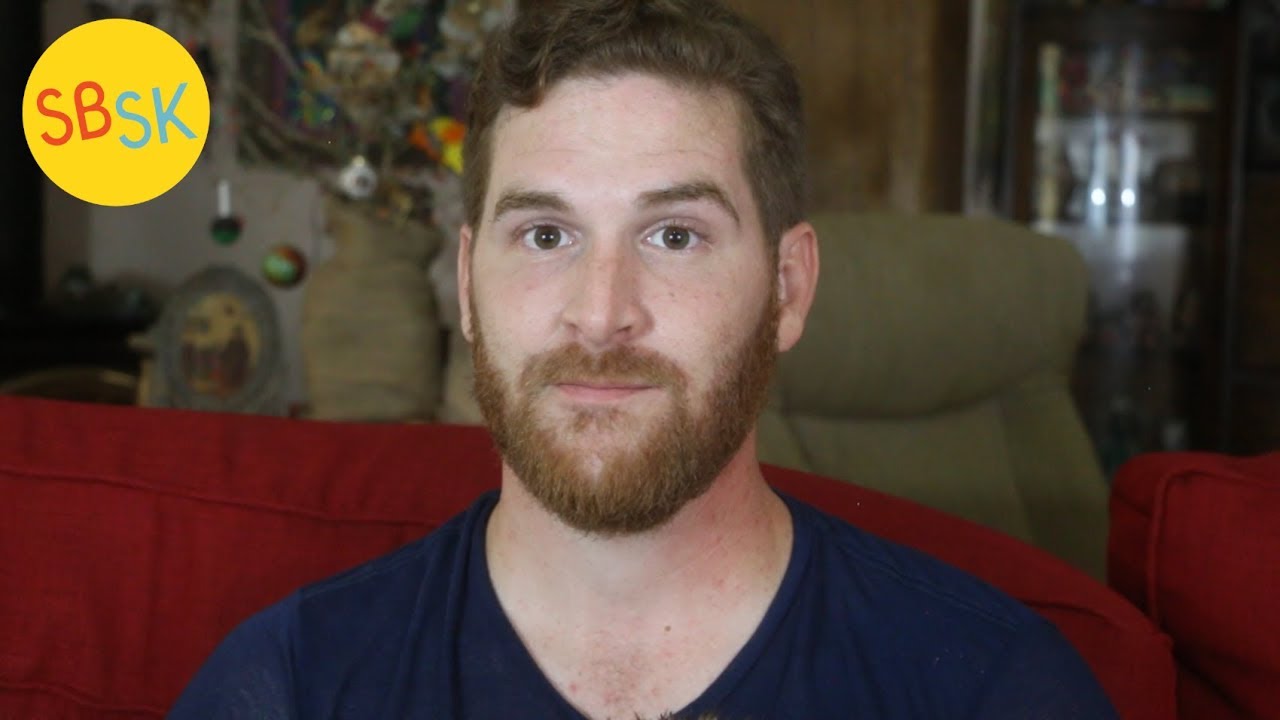
Description
Content
At the beginning of the session, participants read through the information sheet and provided consent. Participants then completed a breathalyzer test to ensure they were sober. Chris Elkins worked as a journalist for three years and was published by multiple newspapers and online publications. Since 2015, he’s written about health-related topics, interviewed addiction experts and authored stories of recovery. Chris has a master’s degree in strategic communication and a graduate certificate in health communication.
Thankfully, however, getting sober for good becomes much easier with support from other veterans. Dealing with military-related trauma, whether it’s PTSD, combat trauma, or sexual trauma, may be too much to handle on your own. Often, veterans feel that they have to rely on alcohol to cope with the invisible wounds of war.
4. Remembering and knowing
The effects of alcohol intoxication on accuracy and the confidence–accuracy relationship in photographic simultaneous line-ups. Under free recall conditions, providing individuals who immediately drank after they encountered a negative event with a delayed recall opportunity when sober again led to additional details and more complete recall overall. There was no significant difference in accuracy rates between Sessions 1 and 2 for the Alcohol-Exposed group, suggesting that the increase in recall quantity did not coincide with a decrease in quality.
- To speak to an addiction specialist in a confidential environment, and create a personalized treatment plan that can be the foundation for lasting sobriety.
- For women struggling with intense negative affect who have difficulty conceiving and tracking even short-term goals, a pattern of risky alcohol use could develop due to the immediate relief it provides.
- For example, people with PTSD have more problems with alcohol both before and after they develop PTSD.
- In contrast, a blackout is less severe and usually resolves independently without any serious medical consequences.
- During a blackout, the mind is not functioning properly because the brain is not functioning properly.
- In cases of borderline personality disorder, blackout drinking may result when a person intends to do harm upon his or herself.
The 4 min and 16 s film dramatizes a car accident, showing gruesome imagery of emergency services treating injured people screaming in pain. The film has been used in previous research (e.g., Strange and Takarangi, 2012; Meyer et al., 2014) and has not been reported to cause lasting psychological distress, with intrusive memories typically subsiding after 1 week. The film includes a soundtrack with melodramatic music and uses a variety of different shots (e.g., first-person, third-person, birds-eye view, slow motion). While these features would not be present in real-life footage of a car accident, they do not prevent the film from serving its intended purpose (i.e., inducing intrusive memories and assessing episodic memory performance). The fast AUDIT and PCL-C were administered to confirm that participants did not meet the criteria for AUD or PTSD. The fast AUDIT includes four self-report Likert scale questions about binge drinking, alcohol blackouts, impaired functioning due to intoxication, and concerns over drinking.
Proven Risks: Alcohol and PTSD
As psychopathology has been shown to be a risk factor for emotion dysregulation, individuals with PTSD may demonstrate poorer emotion regulation (Gross & Munoz, 1995). This emotion dysregulation may cause these individuals to ptsd alcohol blackout misuse alcohol to alleviate negative emotionality. You are more likely to be able to treat your substance abuse disorder and mental health dysfunction at the same time when pharmacological therapy addresses both disorders.
- Both their addiction and their mental health condition will need to be evaluated and addressed for the individual to successfully recover.
- Learn how having PTSD and alcohol use problems at the same time can make your symptoms of both, worse.
- This study was conducted in late 2010, long before the major earthquakes hit Nepal in April and May, 2015.
- And quitting drinking is no simple thing, even for veterans who have done incredible things.
You may drink because you think using alcohol will help you avoid bad dreams or how scary they are. Yet avoiding the bad memories and dreams actually prolongs PTSD—avoidance makes PTSD last longer. You cannot make as much progress in treatment if you avoid your problems. Some who suffer from PTSD may drink alcohol with hopes of eliminating bad dreams or reducing the horrifying elements of their nightmares. But alcohol fails to address the root cause of bad dreams and can lead to prolonged symptoms of PTSD.

